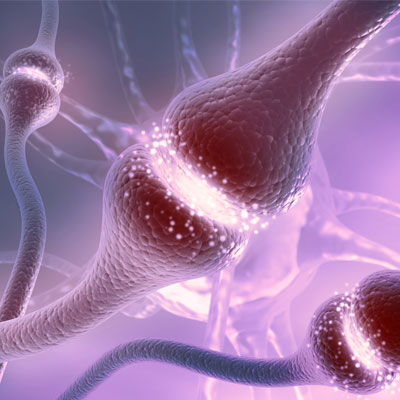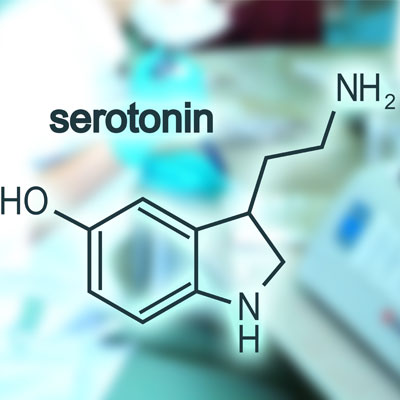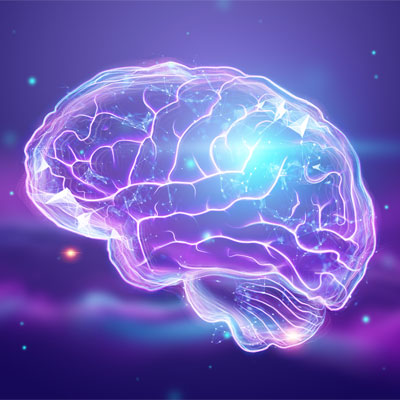Contents
Any look at the difference between neurotransmitters and hormones can leave you feeling a bit confused. Although neurotransmitters are part of a different system than hormones and have unique functions and jobs, they can also be quite similar. In fact, some hormones are neurotransmitters and visa versa.
Hormones transmit their chemical messengers by sending them into the bloodstream to their specific receptor cells. Once the hormones arrive at the target receptors, they bind with them to initiate and action.
Trusted sourceNeurotransmitters and receptorsKhan AcademyGo to sourceNeurotransmitters travel through neurons rather than the bloodstream. The dendrites of the neurons take in the relayed information, and the axons transmit it outward.
One example of how hormones and neurotransmitters differ is apparent in the actions of serotonin. As a neurotransmitter, serotonin’s signals remain local. The serotonin produced in the brain affects only the brain – influencing mood and anxiety. When presented in the GI tract, serotonin influences bowel functions. In hormone form, serotonin circulating in the bloodstream can aid in the formation of blood clots to heal a wound.
Some hormones are also neurotransmitters and visa versa, although the functions may be different.
What Are Neurotransmitters and What Do They Do?
Neurotransmitters are the nervous system’s chemical messengers.
What is the primary difference between neurotransmitters and hormones?
Unlike hormones, neurotransmitters never enter the bloodstream. Their signals transmit via the axon of one neuron through a synaptic cleft to the dendrite of another, and they must be in close proximity to one another. A signal can be passed from one neuron to another multiple times.
Unlike hormones which promote or inhibit an action, neurotransmitters deliver neurologic information.
A further difference between neurotransmitters and hormones is that the response time between neurotransmitter relay is in milliseconds. Hormone signal responses may take days to occur, depending on the hormone and its function.
Some neurotransmitters are excitatory and increase the trans-membrane ion flow while others are inhibitory and decrease it.
Neurotransmitters deliver signals via synapses between neurons in the nervous system.
What Are Hormones and What Do They Do?
Hormones are the endocrine system’s chemical messengers. Once released from the many various glands and organs, hormones circulate through the bloodstream in search of their receptors. Some hormones enter and exit the bloodstream rather quickly; others maintain a presence at all times.
One difference between neurotransmitters and hormones is that hormones are found in animals and plants, whereas neurotransmitters are only in animals. Yes, humans fall into the animal category for this purpose.
Hormones can also act on cells far from their origin. Many critical hormones enter the bloodstream from parts of the brain and can work on the cells in every part of the body.
The action of hormones can impact the body in mere minutes, or it can take a few days for the reaction to occur.
Some of the diverse types of hormones in the body include:
- Amino acids
- Peptides
- Steroids
- Eicosanoids
Once a hormone binds to its receptor, it no longer exists. Hormones cannot be reused to deliver a second signal.
Hormones enter the bloodstream via glands and organs to deliver signals throughout the body.
How Are Neurotransmitters and Hormones Similar?
Now that we have explored the major difference between neurotransmitters and hormones, in what ways are they similar?
Both neurotransmitters and hormones deliver critical messages via their chemical signals that carry out a variety of actions.
Unlike the difference between neurotransmitters and hormones that influence their delivery, their function in one way is the same – the transmittal of crucial signals that the body needs for its well-being.
The central nervous system is home to many hormones and neurotransmitters which influence our feelings and thoughts. They impact motivation, performance, sleep, and mood.
Hormones such as norepinephrine, dopamine, and serotonin also act as neurotransmitters that can influence mood, happiness, depression, and stress.
Neurotransmitters and hormones both deliver crucial signals that the body needs for its well-being.
Key Differences Between Neurotransmitters and Hormones
Below you will find a chart highlighting the difference between neurotransmitters and hormones:
| Neurotransmitters | Hormones |
| Part of the nervous system | Part of the endocrine system |
| Sent out via the presynaptic nerve terminal | Transmitted via glands and organ into the bloodstream |
| Act through the synaptic cleft between two neurons | Act on receptor cells throughout the body via the circulatory system |
| Response of signal occurs typically within milliseconds | Signal response can occur immediately or may take a few days |
| Simulate postsynaptic neurons | Regulates target cells, tissues, and organs |
| Transmits nerve signals | Initiate functions such as cellular growth and regeneration, metabolism, digestion, reproduction, immunity, and more |
| Can relay the same signal multiple times | Once a hormone binds with its receptor, it cannot impart its signal a second time |
| Only found in animals | Found in animals and plants |
The main difference between neurotransmitters and hormones is in how and where they deliver their chemical messages to the body.
- Dr. Claudia Barth, Prof. Dr. Arno Villringer, Julia Sacher, MD, PhD
- Marta Karpinski, Gabriella Francesca Mattina, BSc, PhD, Meir Steiner
- Sarapynbiang Marwein, Satyajeet Biswal, Dr. Pratap Chandra Acharya
Sex hormones affect neurotransmitters and shape the adult female brain during hormonal transition periods
Effect of Gonadal Hormones on Neurotransmitters Implicated in the Pathophysiology of Obsessive-Compulsive Disorder: A Critical Review
Hormones and Steroids as Neurotransmitters









